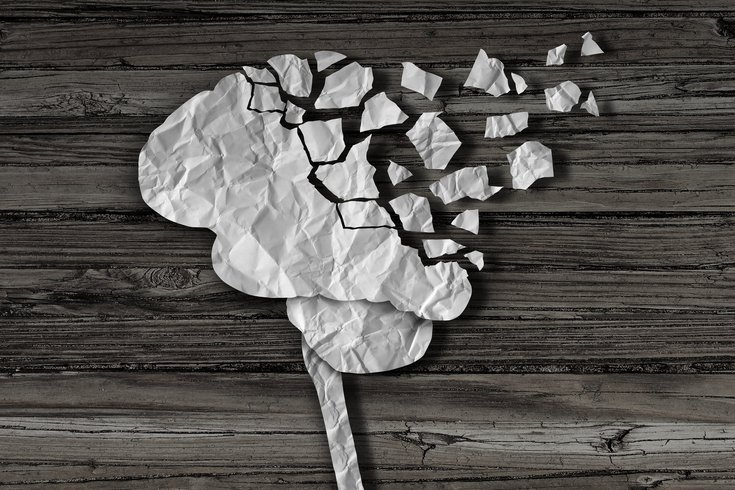
October 16, 2024
 Source/Image licensed from Ingram Image
Source/Image licensed from Ingram Image
Alzheimer's may cause brain damage during two distinct phases, including an early stage when changes happen gradually and 'quietly,' according to new research funded by the National Institutes of Health.
Alzheimer's disease can be challenging to identify early, but new insights may help scientists develop ways to diagnose and treat the progressive disease in more targeted ways.
Alzheimer's may cause brain damage during two distinct phases: an early stage during which changes happen gradually and "quietly," damaging a few types of cells, and a second phase when more widespread brain damage occurs and symptoms emerge. That's according to new study funded by the National Institutes of Health.
"One of the challenges to diagnosing and treating Alzheimer's is that much of the damage to the brain happens well before symptoms occur," said Dr. Richard J. Hodes, director of the NIH National Institute on Aging, said in a release. "The ability to detect these early changes means that, for the first time, we can see what is happening to a person's brain during the earliest periods of the disease. The results fundamentally alter scientists' understanding of how Alzheimer's harms the brain and will guide the development of new treatments for this devastating disorder."
Previous research has suggested Alzheimer's happens over several stages that cause increasingly severe levels of brain damage. But the new study found many of the brain changes caused by the disease occur before symptoms appear, particularly among inhibitory neurons – cells that send calming signals to other cells. Researchers have traditionally thought Alzheimer's mostly ravages excitatory neurons, which send activating signals to cells. Damage to inhibitory neurons in the early stage may trigger circuit problems underlying the disease, the study suggested.
Alzheimer's is the most common cause of dementia, accounting for 60 to 80% of all dementia cases. Alzheimer's is a progressive disease that worsens over time, eventually affecting all areas of the brain, including those involved with memory, thinking, judgment, problem-solving and language. The decline in cognitive abilities usually occurs over the course of seven to 10 years, according to Stanford Medicine.
Alzheimer's cases are increasing. One in three people over 85 have Alzheimer's. Symptoms usually appear after 60. About 7 million Americans have Alzheimer's – that number is projected to reach 13 million by 2050, according to a 2024 report by the Alzheimer's Association.
For the recent study, scientists used advanced brain mapping techniques to analyze brain tissue from 84 donors who had died at various stages of the disease. The donor brains are part of the Seattle Alzheimer's Disease Brain Cell Atlas, a consortium that is working to develop a detailed map of brain cells involved in Alzheimer's and aging.